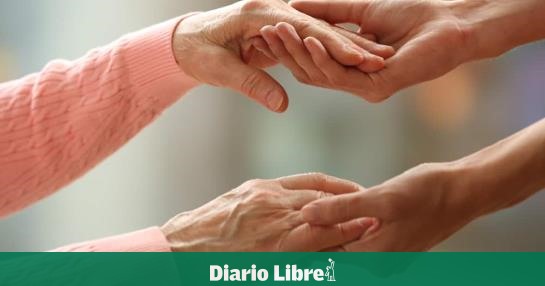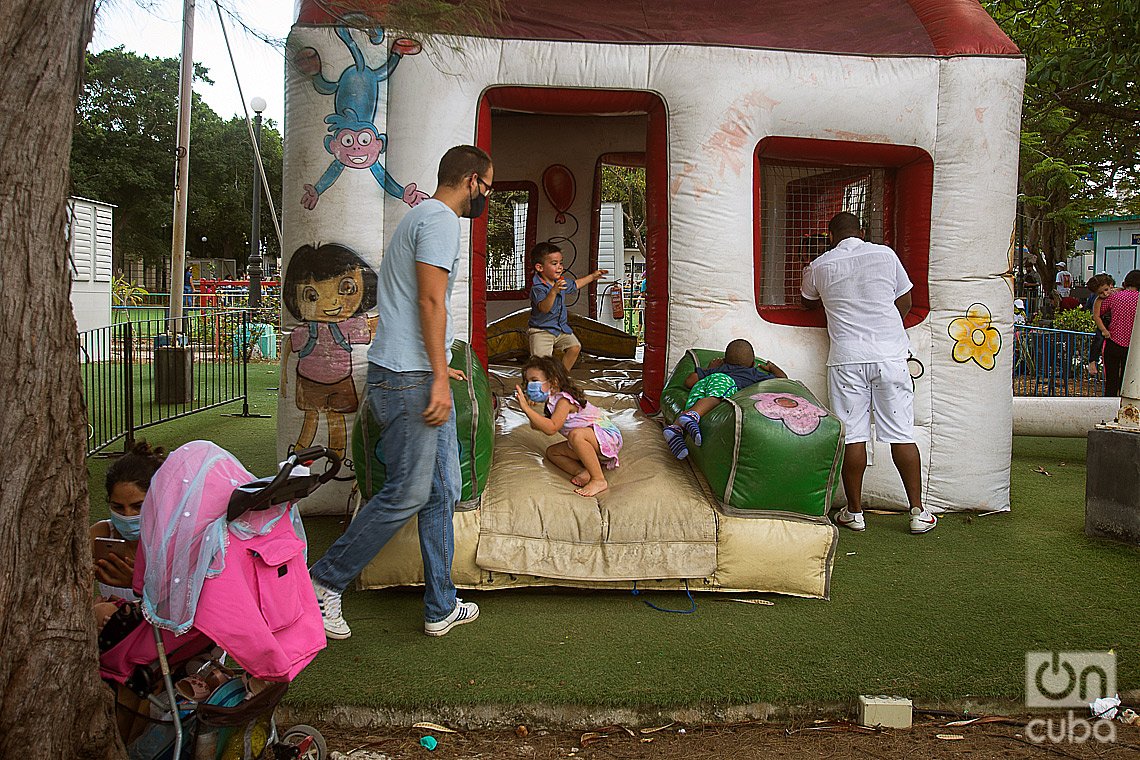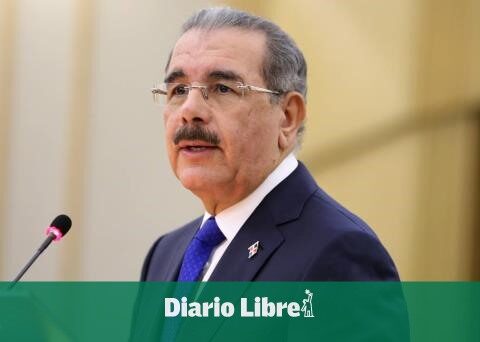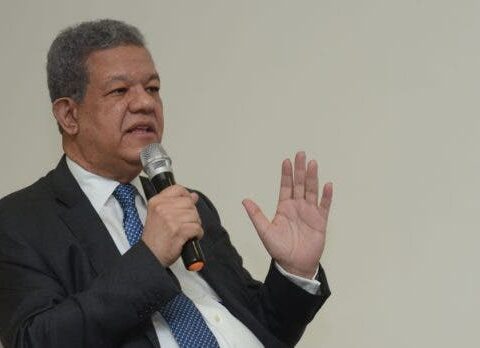When Juan Eduardo was born three decades ago, his grandfather, Juan Francisco, had already been diagnosed with Parkinson’s. The young man does not remember it in any other way than with his constant involuntary tremors.
According to his grandson, Juan Francisco was a stubborn man who, despite the advanced stage of his illness, always wanted to prove to himself and the other members of his family that he did not need help for such daily activities as grabbing a glass of water. , dress or even walk without support from anything or anyone.
Juan Francisco, father of nine children, died in 2011 after receiving several head traumas, the result of multiple falls due to his own motor limitations. On a cognitive level, his family member highlights that he remained lucid and had a great memory until the end.
It is estimated that worldwide, one in 100 people over the age of 65 suffers from Parkinson’s.
“The Parkinson’s it is a complicated disease because the other person depends on you. It creates a lot of friction with the patient because the family wants to take care of him and he fights to show his autonomy”, highlights Juan Eduardo.
The Parkinson’s is a neurodegenerative disease that decreases the ability to control automatic or involuntary movements, caused by the imbalance of several neurotransmitters, mainly dopamine, known to be the “hormone of happiness”.
Among neurodegenerative diseases, it is the second most frequent after Alzheimer’s.
According to the neurologist Marcia Castillo, the best known symptoms of the disease are those of a motor type, such as tremor, rigidity, speech problems and akinesia (lack, loss or cessation of movement). This disease can also cause other non-motor symptoms such as depression, sleep disorders, apathy or depression, sleep disturbances and hypoxia (when not enough oxygen reaches the brain).
The specialist in Parkinson’s points out that the approach is multidisciplinary and includes a psychologist, psychiatrist, neurologist and geriatrician.
Castillo indicates that “the treatment continues to be symptomatic. We still don’t have preventive treatment and it’s a shame. It is a progressive, chronic disease, where the patient will inexorably lose his autonomy”.
There are treatments for tremors, rigidity and also the option of stimulation surgery, by placing electrodes in certain brain areas.
This surgery is done in the country, it is not covered by social security and the doctor warns that it is not cheap. “The one with two electrodes is around $36,000,” she said.
The doctor admits that there are taboos and stigma around Parkinson’sdue to the lack of dissemination of information about it.
Castillo emphasizes that for the patient with Parkinson’s good nutrition, rest and having a circle of support and family accompaniment is important.
The Essential Medicines Program and Logistical Support Center (Promese/CAL) reported that it assists 155 patients monthly, via the Parkinsonian Medicines Program (Promepark).
The general director of Promese/CAL, Adolfo Pérez, explained that in 2021, 1,742,741 pesos were allocated to the Promepark.
For evaluations, patients can go to the Club Activo 20-30 in Santo Domingo.








